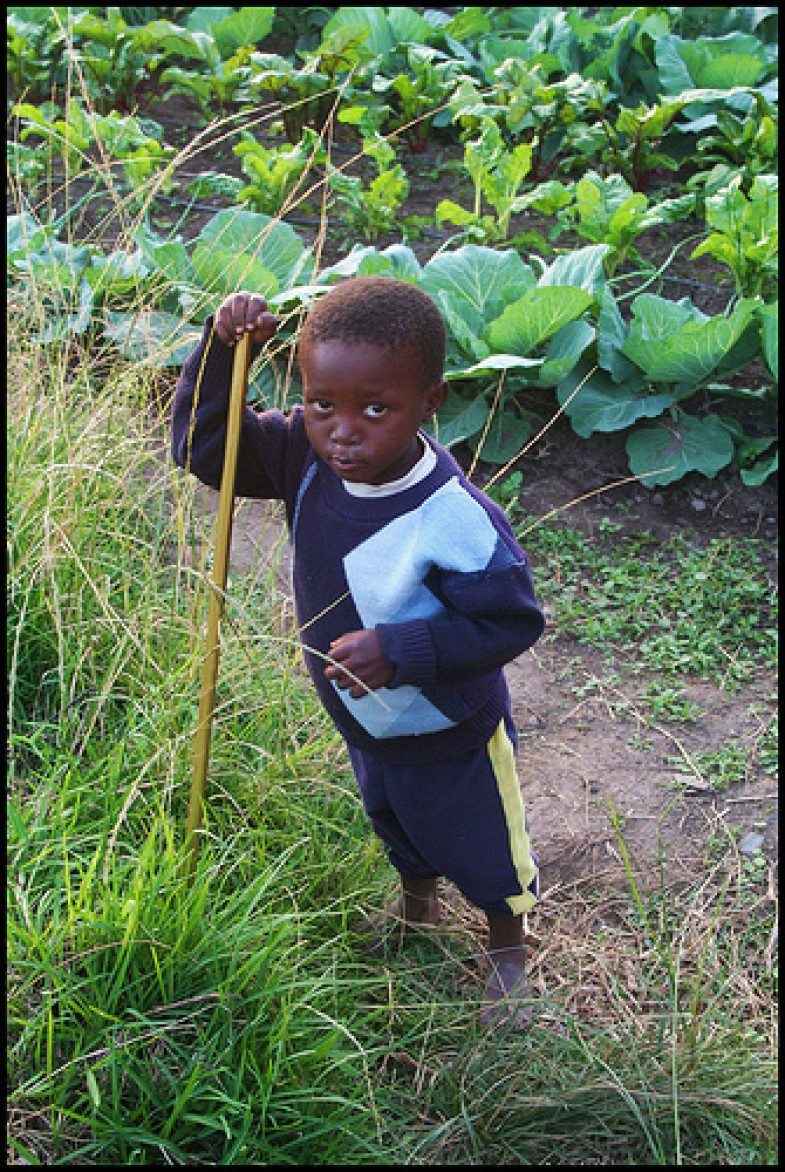It is the tradition at World Social Forums (WSF) to focus a considerable amount of time, energy, resources and attention on issues faced by people in the host region and country. The 2011 World Social Forum in Dakar, Senegal that I had the privilege of attending was no different.
Africa and African issues suffused the WSF throughout the week the forum took place. One of these issues was the massive land grabs that are taking place all across the continent. Appropriately called the New Scramble for Africa, it is eerily similar to the mad rush by European colonial powers during the last quarter of the 19th century to divide Africa up among them. This time, however, actors include both multinational corporations and nations such as China, India, South Korea and various Gulf Arab states such as Saudi Arabia among others.
The African network for social progress FAHAMU estimates somewhere between 20 and 50 million hectares of African land is already part of this grab. To put it in perspective, 50 million hectares is twice the size of the United Kingdom. And it likely won’t stop there.
At stake once again are Africa’s resources – its minerals (like in the Democratic Republic of Congo) and its land (from Madagascar and Ethiopia to Senegal and Namibia). African land is being sought in 90-year leases either to grow food crops for export to those countries with scarce arable land or to grow fuel crops like jatropha and palm oil for ethanol, even as almost 300 million Africans are hungry. Or, the land is sometimes being snapped up simply for speculative purposes.
Grassroots International’s partners like the Via Campesina, which has members in a number of African countries, and allies like FIAN, the West African Network of Agricultural Producers, FAHAMU and the African Biodiversity Network among others are at the forefront of challenging this destructive neocolonial land grab. In Senegal, these organizations held a number of workshops on the threats posed by land (and water) grabbing to African small farmers, herders, foresters and fishers, as well as to indigenous communities.
For more information, see farmlandgrab.org. Thandi Winston has written “a good article on this land grab”:http://www.ips.org/TV/wsf/the-“new-scramble”-for-africa/ as well as “Gisele Henriques in the Guardian”:http://farmlandgrab.org/post/view/18168.
Nikhil Aziz is executive director of “Grassroots International’:http://www.grassrootsonline.org/ , a human rights and international development organization that supports community-led sustainable development projects.






